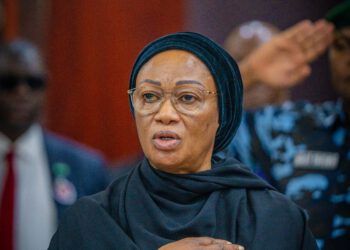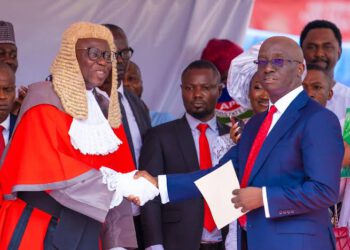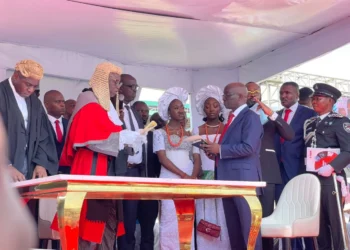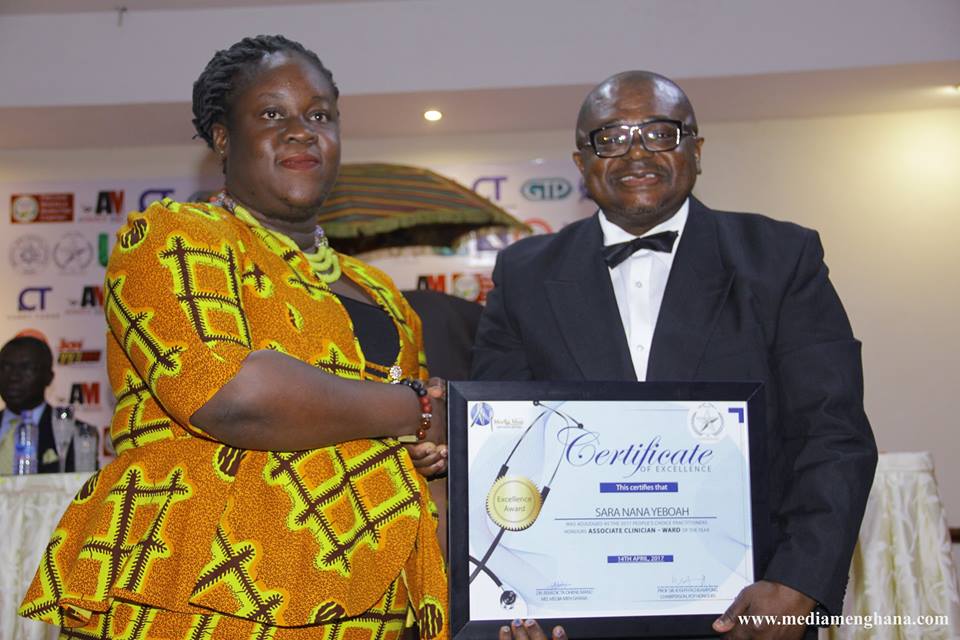The Minister of Information and Culture, Alhaji Lai Mohammed, has said the country’s indigenous languages are endangered and could go into extinction in no distant future if urgent steps are not taken to reverse the trend.
In his address at the 2017 Annual Round Table on Cultural Orientation, jointly organized by the Federal Ministry of Information and Culture and the National Institute for Cultural Orientation (NICO) in Kaduna on Monday, the Minister said situation reports shows ”there is a remarkable decline in the usage of our indigenous languages by our children and youths; many of them cannot read or write in their mother tongue.”
He said indigenous language newspapers have a vital role to play in reviving the fortunes of the nation’s endangered languages, if their potentials are maximized.
”It has been my desire since I assumed duties as Honourable Minister to convene a strategic stakeholders’ meeting to underscore the relevance of the indigenous language newspapers and to engineer a road map for their sustenance in the face of formidable challenges. This explains why one of my first assignments in office was to visit identifiable indigenous newspapers like Alaroye, Iroyin Owuro, Rariya, Aminiya and Leadership Hausa,” Alhaji Mohammed said.
He said concrete measures must be taken to preserve indigenous languages, including the need for parents to ensure that their children are taught their indigenous languages; implementing the teaching and learning of Nigerian indigenous languages as contained in the National Policy on Education as well as supporting and sustaining various platforms, such as the indigenous language newspapers, which promote the use of indigenous languages.
Other measures listed by the Minister are the translation of the country’s treasure trove of literature, such as The Lion and the Jewel, The Passport of Mallam Illia and Things fall apart, into indigenous languages; adapting those classics into comics, graphic novels, TV shows as well as animated and live action feature films, leveraging on the role of the electronic media in disseminating, aggregating and curating indigenous languages and deploying digital tools in ensuring the survival of Nigeria’s indigenous languages.
”Today, Social Media, YouTube, SMS and specially-developed applicatio
Alhaji Mohammed charged participants at the two-day Round Table, which has the theme ‘Indigenous Language Newspapers and National Development’, ”to painstakingly deliberate on these issues and come up with far-reaching recommendations that will guide government’s policy and action plan”.
In his presentation, the Chairman of the Leadership Group, Mr. Sam Nda-Isaiah, said indigenous language newspapers are key to any strategy at national development hence they should not be under-estimated.
Mr. Nda-Isaiah, who gave the keynote address, however, said that for the indigenous language newspapers to be relevant, the high rate of collapse of such papers must be checked by running them as a business, like any other newspaper.
In his address of welcome, NICO Executive Secretary Barclays Ayakoroma said the Annual Round Table is aimed at enhancing the potentials of indigenous language newspapers to serve as catalyst for cultural renaissance and grassroots mobilisation.





















